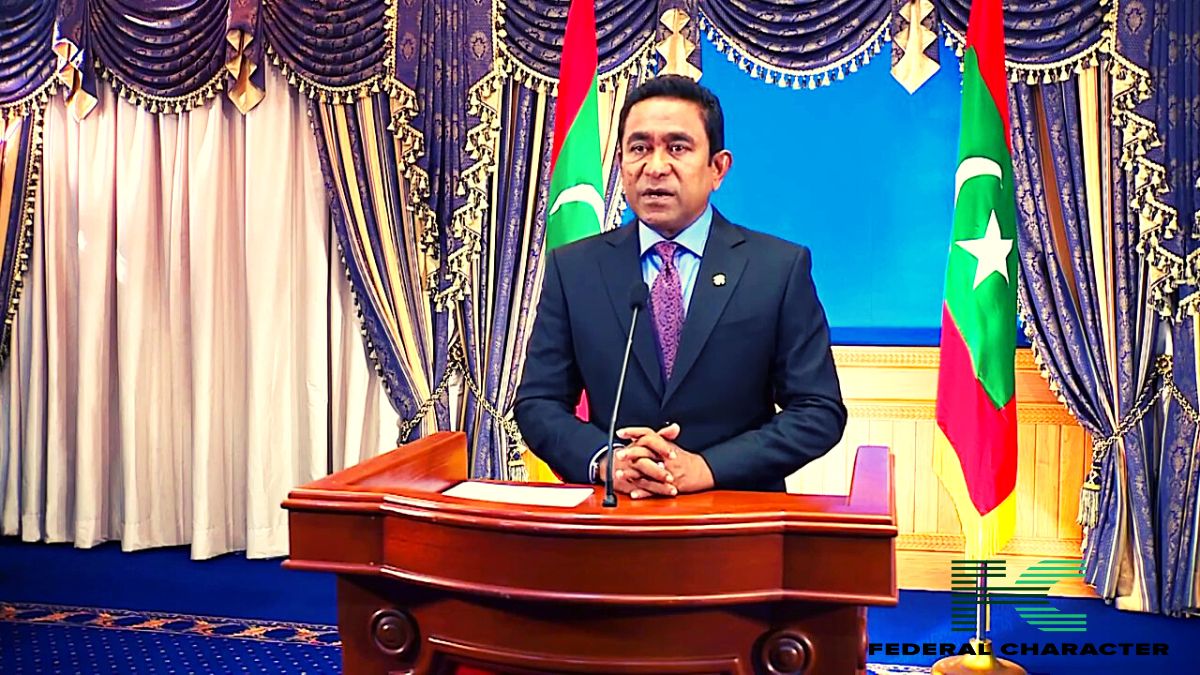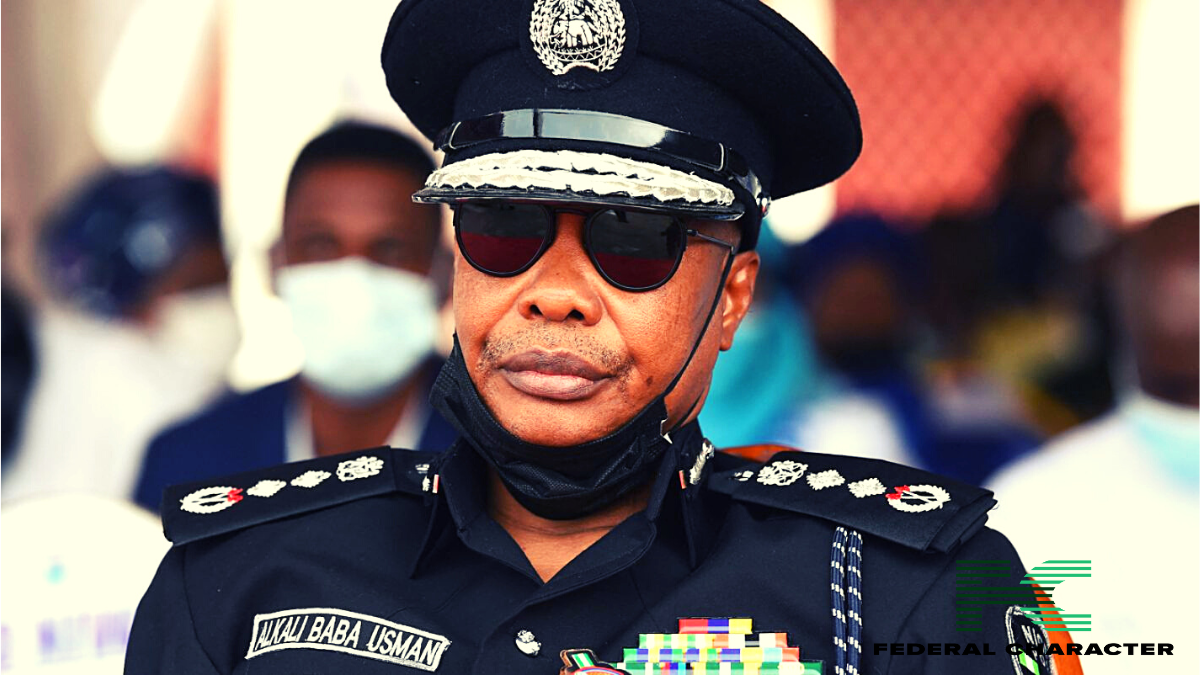Former Maldives President Abdulla Yameen, who had been serving a prison sentence for bribery and money laundering during his 2013-2018 presidency, was moved from prison to house arrest on Sunday. This decision was made in line with the campaign promise of his party’s presidential candidate, who emerged victorious in the presidential election runoff.
The outgoing President, Ibrahim Mohamed Solih, acted upon the request of President-Elect Mohamed Muiz, who is scheduled to take the oath of office on November 17.
The official results of Saturday’s runoff, released by the elections commission, indicated that Muiz secured 54.04% of the vote, while Solih received 45.96%. In the earlier September first round, none of the eight candidates garnered more than 50% of the vote.
This election was widely perceived as a referendum on whether China or India would have greater influence over the strategically located Indian Ocean archipelago state, the Maldives. Muiz, who is seen as pro-China, vowed to address the presence of Indian troops in the Maldives and rebalance the country’s trade relations, which he asserted were heavily skewed in favor of India.
India has traditionally considered the Maldives to be within its sphere of influence, especially due to its hosting of many Maldivians. During Yameen’s presidency, China included the Maldives in its Belt and Road initiative, aiming to develop infrastructure like railroads, ports, and highways to expand trade and its influence across Asia, Africa, and Europe.
Indian Prime Minister Narendra Modi extended his congratulations to Muiz on his electoral victory, reaffirming India’s commitment to strengthening bilateral relations with the Maldives and enhancing cooperation in the Indian Ocean region.
The United States also congratulated Muiz, emphasizing the strong relationship between the two countries, founded on mutual respect and shared interests.














